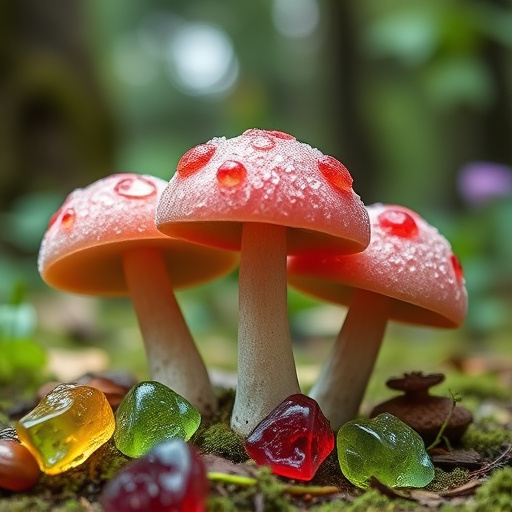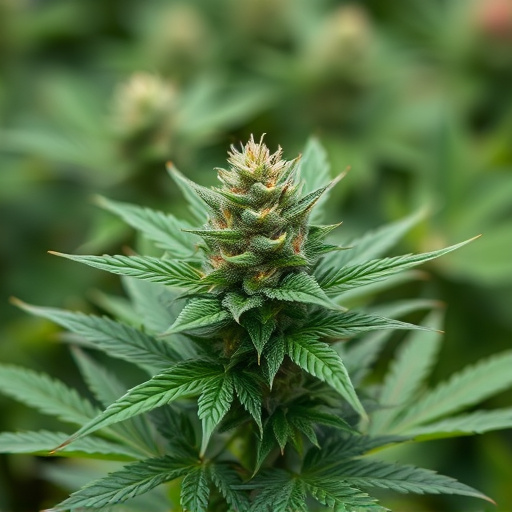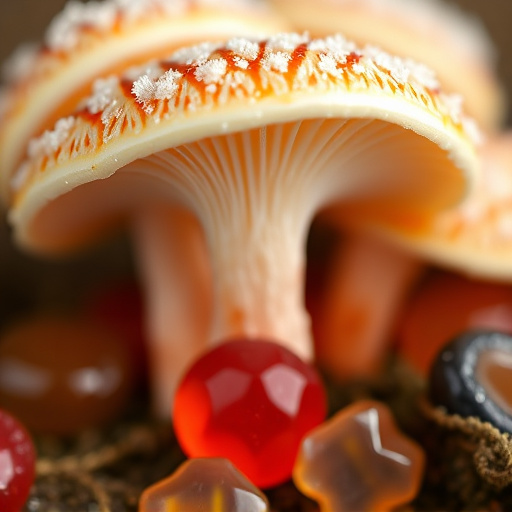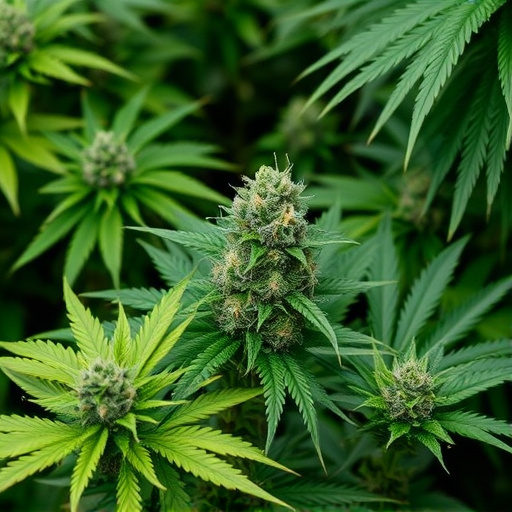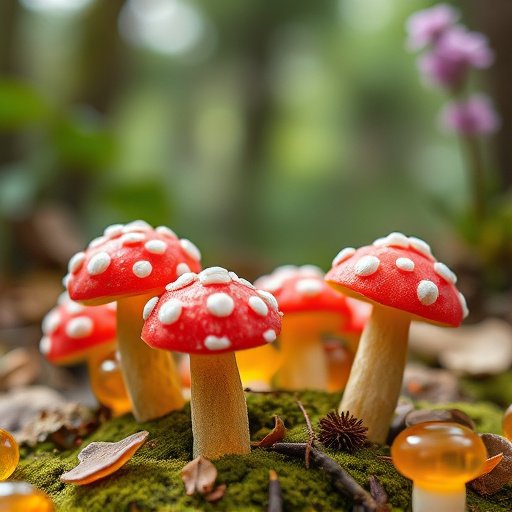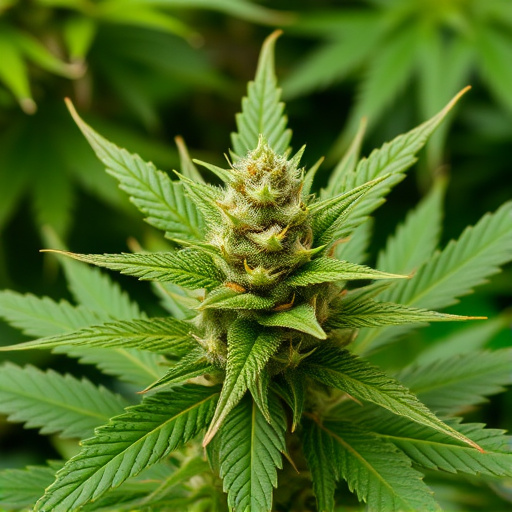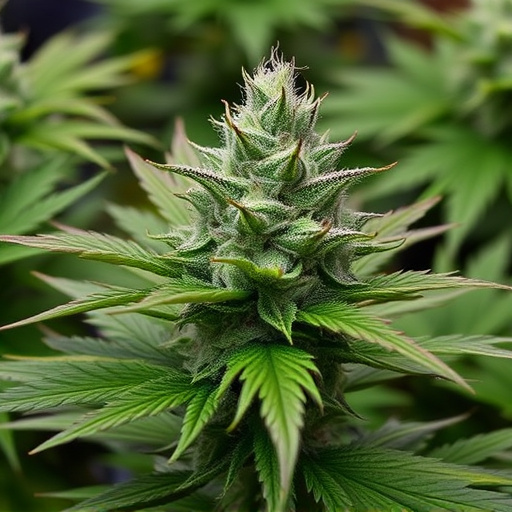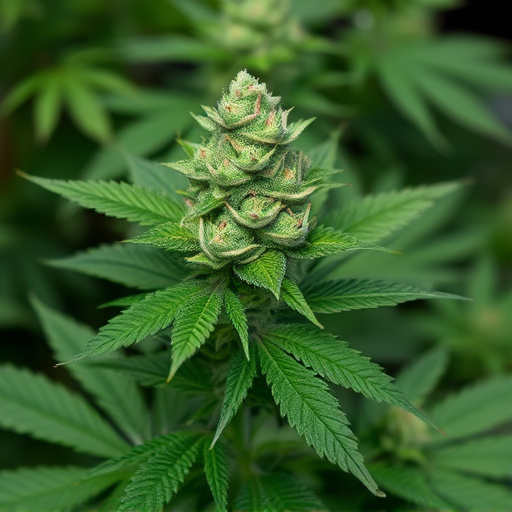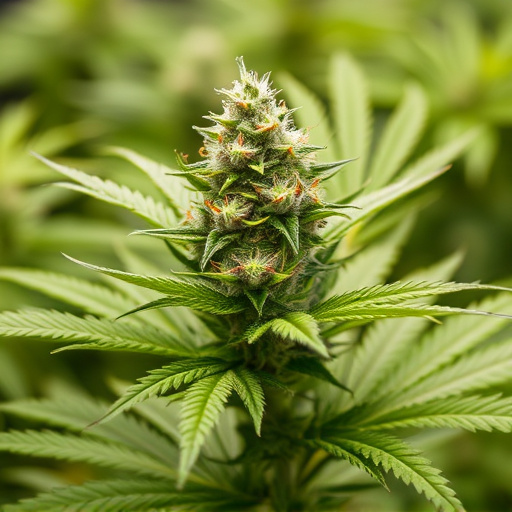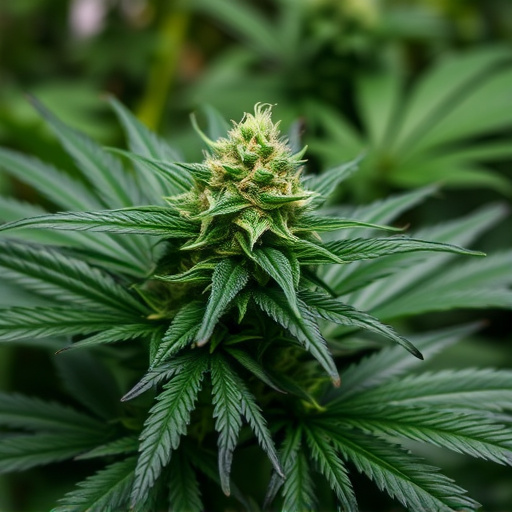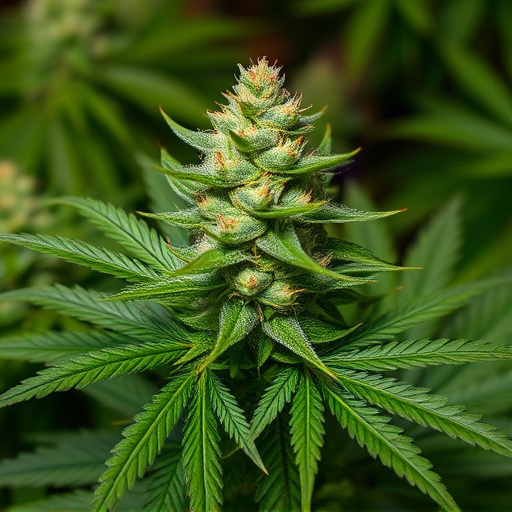Cannabis offers potential as a treatment for Post-Traumatic Stress Disorder (PTSD) symptoms, but its effects vary greatly among individuals due to their unique biology and mental health status. High CBD and low THC strains show promise in reducing PTSD symptoms like anxiety and insomnia without the psychoactive high. Exploring cannabis therapeutically requires personalized guidance from healthcare professionals, taking into account metabolism, tolerance, and personal preference when considering specific cannabis strains for PTSD.
Discover why cannabis hits everyone differently when it comes to managing Post-Traumatic Stress Disorder (PTSD). Explore the complex interaction between cannabis and PTSD, delving into how individual biology, trauma history, and mental health shape its effects. Learn about specific cannabis strains effective in treating PTSD symptoms, from high CBD options for anxiety reduction to THC’s role in fear regulation. We’ll guide you through optimal dosage and consumption methods, sharing patient stories of personalized solutions using cannabis strains for PTSD.
- The Complex Interaction Between Cannabis and PTSD
- – Exploring the unique relationship between cannabis and post-traumatic stress disorder (PTSD)
- – How individual biology, trauma history, and mental health interplay with cannabis effects
The Complex Interaction Between Cannabis and PTSD
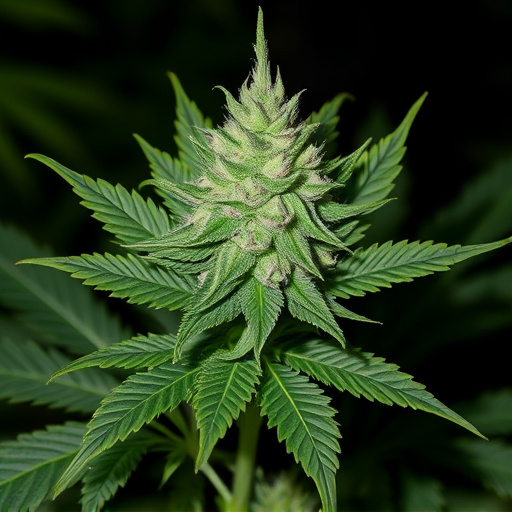
Cannabis and Post-Traumatic Stress Disorder (PTSD) have a complex relationship, as the effects of marijuana can vary widely among individuals suffering from this condition. While cannabis has gained popularity as a potential treatment for managing symptoms associated with PTSD, such as anxiety and insomnia, the experience is far from universal. The impact of different cannabis strains on PTSD patients depends on various factors, including the specific compounds and terpenes within each strain.
Some cannabis strains known for their high levels of CBD (cannabidiol) have shown promise in reducing the symptoms of PTSD. CBD has anti-anxiety properties and may help regulate emotions without inducing a psychoactive high. On the other hand, strains with higher THC (tetrahydrocannabinol) content can be effective at treating insomnia and fear responses, but they might also increase anxiety levels in certain individuals with PTSD, making it crucial to choose strains carefully based on personal tolerance and experience.
– Exploring the unique relationship between cannabis and post-traumatic stress disorder (PTSD)
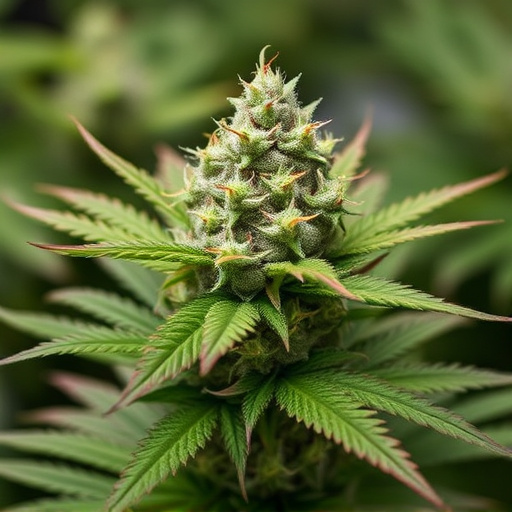
Cannabis and its interaction with post-traumatic stress disorder (PTSD) is a fascinating and complex topic. Many individuals with PTSD have found relief through the use of specific cannabis strains, which offer a promising alternative for managing symptoms. The unique relationship between these two entities lies in the way cannabis can interact with the body’s endocannabinoid system, known to play a significant role in regulating mood, memory, and perception of pain.
Certain cannabis strains, high in CBD (Cannabidiol) and low in THC (Tetrahydrocannabinol), have shown potential in alleviating PTSD symptoms. CBD is believed to help reduce anxiety and promote relaxation without inducing the psychoactive effects associated with THC. As a result, these specific strains can provide a soothing effect, aiding individuals in managing flashbacks, nightmares, and heightened arousal often experienced by those with PTSD. Exploring cannabis strains for PTSD offers a natural approach to symptom management, but it’s crucial to consult healthcare professionals for personalized guidance and safe integration into treatment plans.
– How individual biology, trauma history, and mental health interplay with cannabis effects
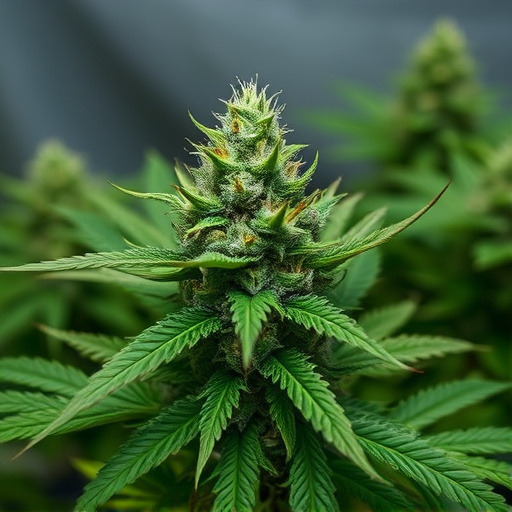
Cannabis’s impact on individuals is a complex interplay between their unique biology, mental health status, and trauma history. Our bodies produce endocannabinoids, which interact with cannabis compounds like THC and CBD, influencing various physiological processes. This interaction varies from person to person, leading to diverse effects. For instance, someone with Post-Traumatic Stress Disorder (PTSD) might find certain cannabis strains beneficial for their symptoms; specific terpenes in these strains could help mitigate anxiety and promote relaxation.
However, the same strain could have a different impact on someone without PTSD or a pre-existing mental health condition. This variability underscores the importance of considering individual needs when exploring cannabis as a therapeutic option. Factors like metabolism, tolerance, and personal preference play significant roles in determining how one might react to different strains, making it crucial to approach cannabis use with an informed, tailored perspective, especially for those dealing with trauma-related conditions such as PTSD.
Cannabis’ impact on individuals with PTSD is a complex dance influenced by personal biology, trauma history, and mental health. While it offers potential relief, there’s no one-size-fits-all approach to finding the right cannabis strains for PTSD. Understanding this intricate relationship is key to navigating the vast array of options, ensuring a safe and effective experience tailored to each person’s unique needs.
